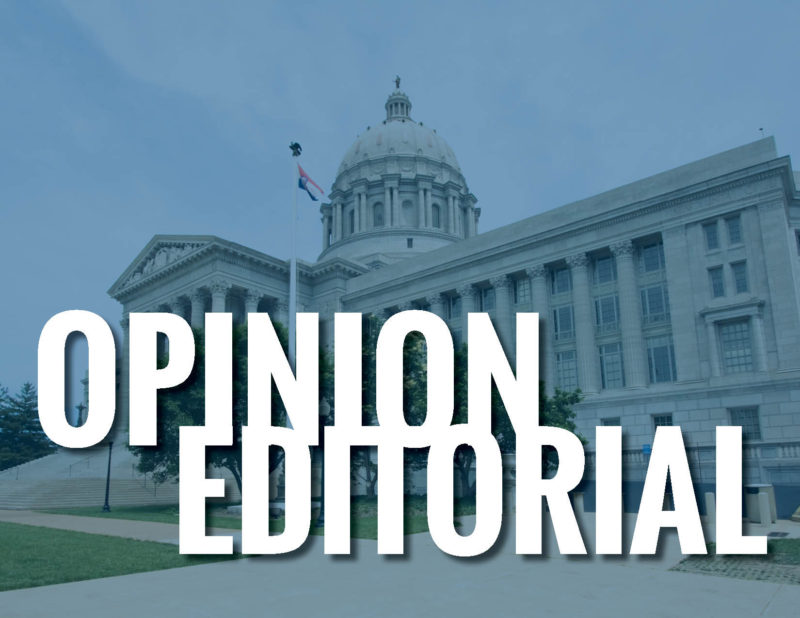By Eric Bohl
The November election is just around the corner, and Missouri voters will decide on several ballot issues. The proposal with the widest potential impacts to our state is Amendment 1. Its supporters call it “Clean Missouri” due to its nominal ethics reforms. The amendment would limit lobbyist gifts to legislators, prohibit legislators and their staff from being lobbyists for two years after working in the legislature and reduce campaign contribution limits by a hair. All of these reforms address legitimate concerns many have raised in recent years.
However, the heart of Amendment 1 is about changing how Missouri draws legislative districts. Currently districts are drawn to keep people and areas with common interests together in one district. Every effort is made not to split up counties, towns, or communities any more than necessary. Amendment 1 would elevate partisan voting history over common interests to be the number one consideration in redistricting.
The amendment seeks to draw legislative districts with just enough Republicans and Democrats to make each one “competitive.” Unfortunately for anyone drawing the maps, doing this would necessarily require gerrymandering like no one has ever seen. Long, snakelike districts running from the inner cities of St. Louis and Kansas City out to rural areas would effectively be required by the state constitution.
Rural residents do not like the idea of splitting up their counties with a spaghetti bowl of districts because it will dilute rural representation. It would also make it nearly impossible for voters to know who represents them and vice versa. How would a representative who has one-third rural constituents, one-third suburban and one-third urban effectively represent her district?
Many groups representing rural Missourians, including Missouri Farm Bureau, are opposing Amendment 1 for these reasons. Interestingly, African American leaders across Missouri have started to realize that the same concerns are true for communities of color. Congressman Lacy Clay recently told St. Louis Public Radio he is opposing Amendment 1, in large part because “it would disperse African Americans in numerous districts and dilute their power and strength.”
Maria Chappelle-Nadal, an African American Senator from St. Louis, said on Twitter, “These Clean Missouri people and Claire McCaskill are taking African Americans for fools,” and “the portion dealing w/ redistricting has RACIST undertones. Claire McCaskill is wrong for supporting a measure that will take political power away from African Americans. #Shame.”
When people with political views as diverse as this come to the same conclusions, it’s worth considering whether they have a point. Not all ethics reform is equal, and we need to scrap Amendment 1 and go back to the drawing board.
Eric Bohl is the Director of Public Affairs for Missouri Farm Bureau, the state’s largest farm organization



